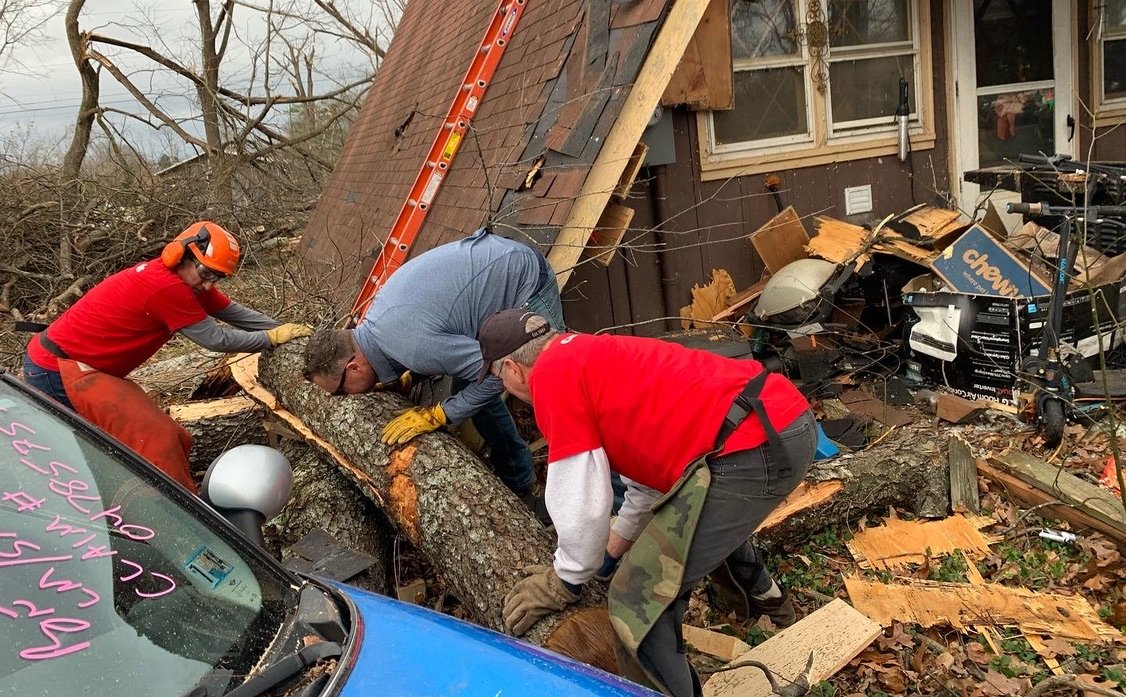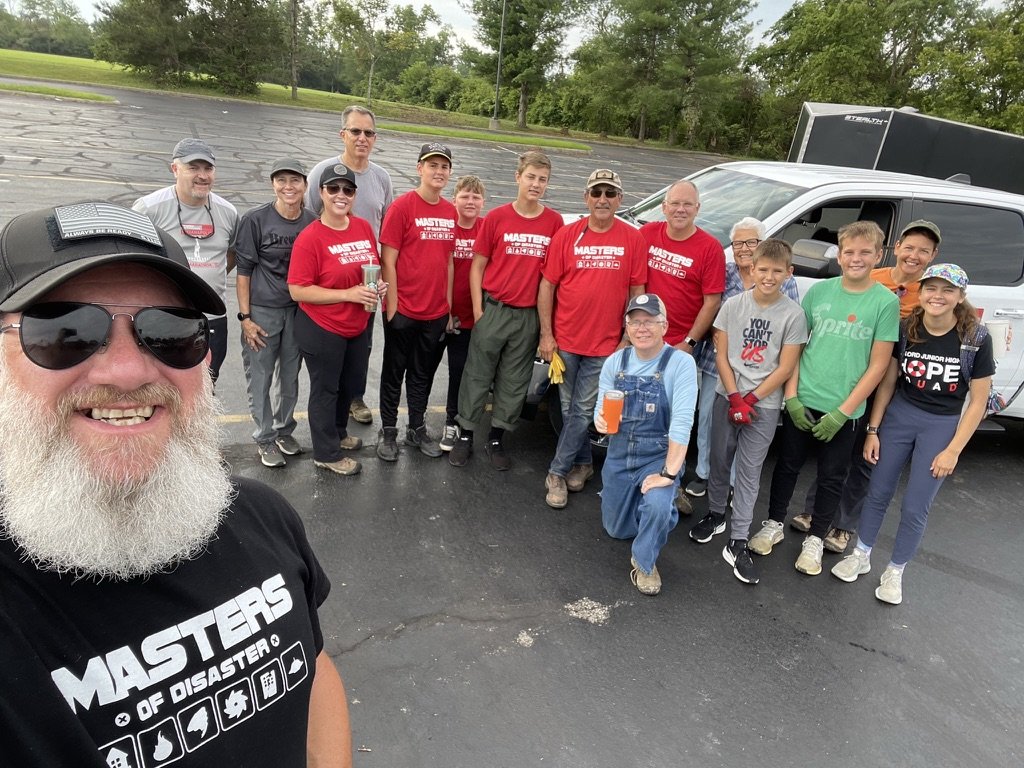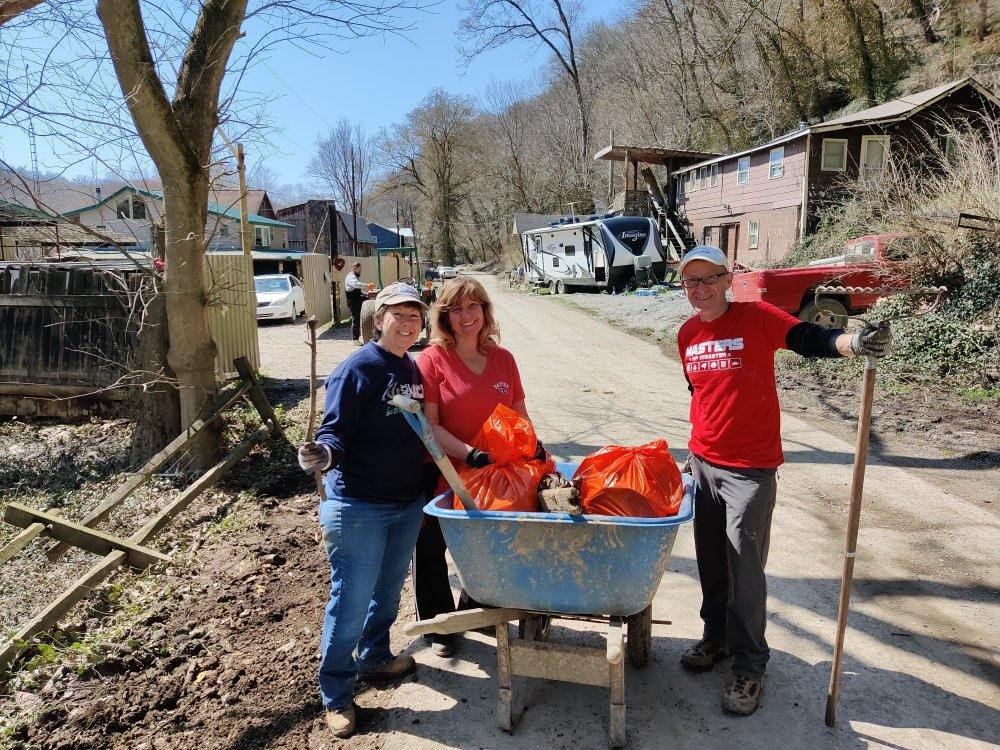Marriage was created by God and it is meant to be a blessing. Some days marriage can be harder than others, but scripture instructs us on how to be the best spouse we can be, even when it is difficult.
Merrill and Linda dive into the books of Ephesians, 1 Corinthians, James, and Matthew to teach us different ways we can bring out the best in our spouse, which ultimately brings out the best in your marriage. If you listen to episode # 284 of the Rock Solid Families Podcast, you may even get to hear them banter back and forth about their own marriage experiences as well. ;)
Here are 6 ways you can bring the best out in your spouse:
1.) Recognize you are on the same team and are equal players in this endeavor. Ephesians 5 tells us to submit to one another out of reverence for Christ. Every husband must love his wife as himself, and every wife must respect her husband. You are in this marriage together, on one team. Without love and respect, the team can’t collaborate effectively.
2.) 1 Corinthians 12 states just as a body, though one, has many parts, but all its many parts form one body, so it is with Christ. You must focus on your spouse's strengths. You have a choice on what you will focus on when it comes to your spouse, and If you choose to focus on their shortcomings and weaknesses, that is all you will see. Praise them for the good they do, for their strengths. After all, what is praised, is repeated!
3.) Effective communication - James 1:19 says everyone should be quick to listen and slow to speak. Merrill and Linda recommend having a conversation with your spouse for at least 10-15 minutes a day. During that check-in you should validate that you are hearing your spouse by acknowledging what they say and do not give advice unless you are asked for it. Instead ask, “How can I help?” or “What do you need from me?” Once that check-in is over, you should be able to walk away with a sense of HOW your spouse is truly doing.
4.) Be your best! Instead of focusing on what your partner is or is not doing, focus on what you can do better to be the best version of yourself, not just for you, but also for your spouse. When focusing on being the best version of yourself, access yourself in the following 3 categories:
- Spiritual Growth - Are you practicing to be more Christ-like?
- Physical Growth - Are you taking care of your body? Are you healthy? Are you fit? Do you like what you see when you look in the mirror? Are you attractive to your spouse?
- Personal Growth - Are you stretching and challenging yourself in your desires and gifts? Practicing a hobby or taking a new class?
5.) Love them the way they want to be Loved, and learn what makes them feel respected and valuable. This is easier when you know your partner’s Love Language. Is it acts of service? Words of affirmation? Getting gifts? If you don’t know your partner’s love language, we highly encourage you to find out.
6.) Build your life and your relationships on something that is ROCK SOLID. Without a firm foundation that is solid or unshakable, you run the risk of things falling apart pretty quickly. You tend to look out for #1 and focus inward on yourself. It’s like building your life on sinking sand. The first wave hits and suddenly things are washed away. What are the values you are building your marriage and family on? Is it a strong Christian faith? Even if you are not a person of faith or a church-goer, we still challenge you to give it a try. Start building your life and relationships on something solid like integrity, honesty, faithfulness, kindness, dependability, good work ethic, etc. It not only will bring out the best in your spouse, but yourself as well.
With Christ as the cornerstone of your relationships, you will have a common and firm foundation. Just like the wise builder in Matthew 7, with a foundation built on Christ, your house will not fall. As you grow in your relationship together, we encourage you to pray together and practice forgiveness and grace, just like God does with the Church.














